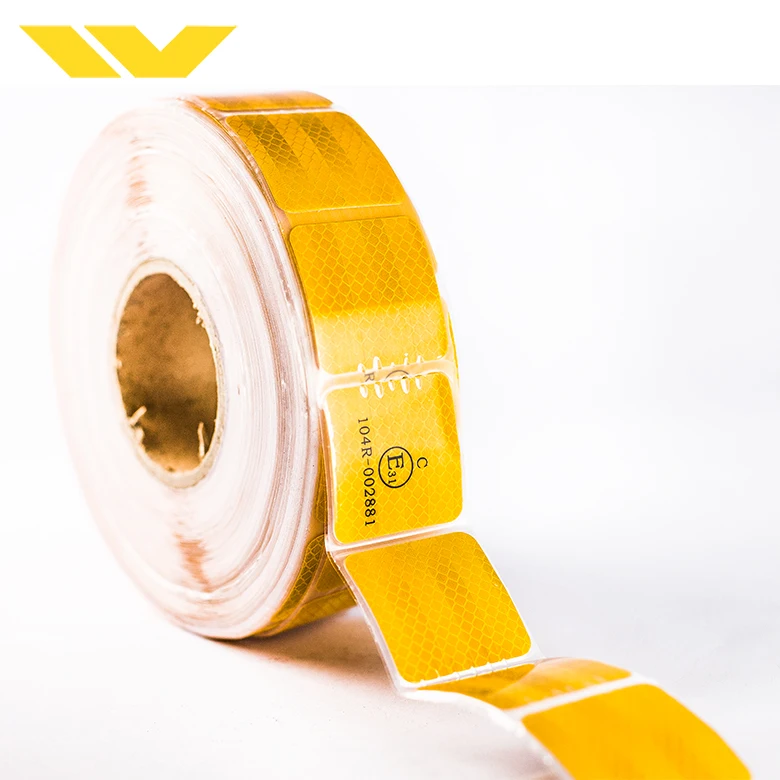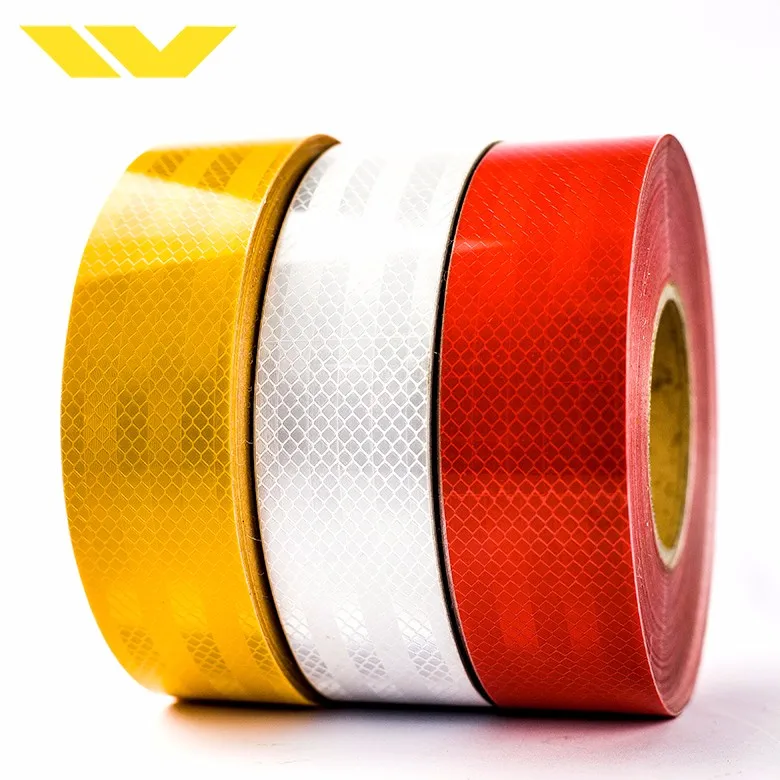
Trailers (and caravans) must undergo a roadworthiness test when ownership is changed, with an annual road tax payable. *B (or EB) licences do not allow driving of a vehicle heavier than 3 500 kg.


The National Traffic Act governs the trailer’s maximum-allowed GVM as a function of the tow vehicle’s tare mass. It’s important that the tow vehicle can control the trailer or caravan and ensure safe operation of the train. Check out his work at Off The Throttle or follow him on Twitter. Scott Huntington is an automotive writer from central Pennsylvania. Read up on your local rules and make sure you’re being smart about your decals - side view mirrors are great, but they’re no replacement for being able to see out your rear windshield as you navigate traffic. The last thing you want to do is spend a whole bunch of money on a custom decal for your work vehicle, only to find out that it breaks the law.

Decals are a terrific way to promote your business by just driving down the road or parking at the store when you run in for groceries, but you need to be smart about it.īe aware of local laws and regulations concerning decal use on vehicles. This isn’t to say that you shouldn’t use decals to advertise your business, or even put a couple of stickers on the back of your personal car. Being aware of the laws can save you a lot of money and trouble overall. You may also not be allowed to park private cars at home in areas with homeowner’s associations due to advertisement restrictions. In these states, if a personal vehicle is being used for business advertisement, it can result in a hefty fine. If a car is registered and insured as part of a commercial fleet, business decals are allowed as long as they don’t interfere with the driver’s ability to see. What about businesses that use decals to advertise their services? The rules are a little different if the fleet is registered as commercial vehicles rather than personal ones.
REFLECTIVE TAPE ON CAR LEGAL DRIVERS
In others, law enforcement is cracking down on decals, issuing tickets or requiring that drivers remove the stickers and decals on the side of the road to avoid getting a ticket. In some states, if you have two functioning side-view mirrors, there are no restrictions as to the kind of decals you can put on your rear windshield. What about the rear windshield, though? Again, that depends on your state. In some states, you can only display decals that are required by law, such as your inspection sticker. These decals must be smaller than four to five inches and can’t obstruct the driver’s view. Many states completely ban decals on the front windshield or restrict them to the lower driver’s side corner of the windshield.

Which side of the law do decals fall on? That depends on where you live and what you’re using the decals for. These decals not only work as a moving billboard, but they can help to protect your car’s paint job. Short for decalcomania, decals tend to be designed as decorations and are specialized for outdoor use, especially long-term use.īusinesses that have fleet vehicles may use decals to advertise their business. Yes, even those stick-figure families are considered decals. A decal is defined as “a design prepared on special paper for transfer onto another surface such as glass.”Īny stickers that you put on your car could be defined as a decal.


 0 kommentar(er)
0 kommentar(er)
